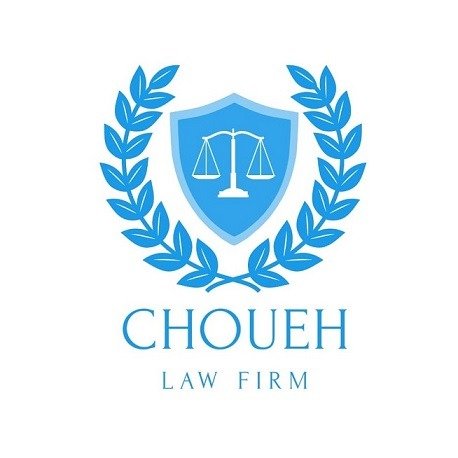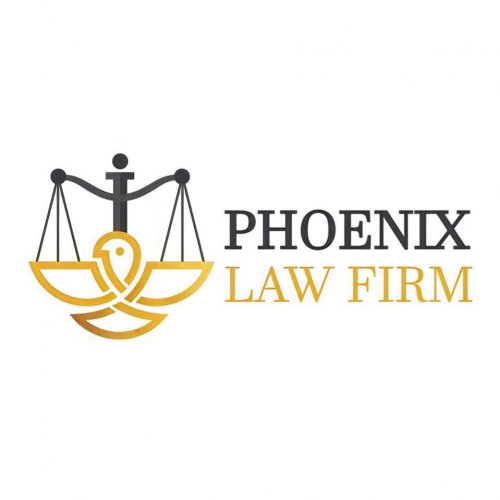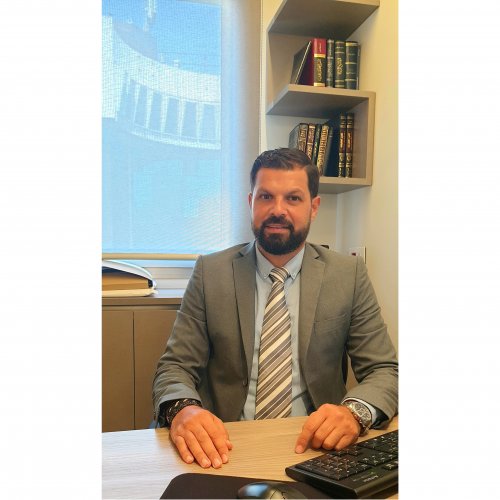Best Banking & Finance Lawyers in Beirut
Share your needs with us, get contacted by law firms.
Free. Takes 2 min.
List of the best lawyers in Beirut, Lebanon
About Banking & Finance Law in Beirut, Lebanon
The Banking & Finance Law in Beirut, Lebanon is comprehensive, being characterized by a mix of modern standards and practices combined with certain local peculiarities. Lebanon's banking sector is noted for its resilience and innovative measures that adapt to evolving market conditions. The sector is regulated by the Central Bank of Lebanon (Banque du Liban) which enforces the Banking Secrecy Law, protects depositors, and maintains the stability and soundness of the banking sector.
Why You May Need a Lawyer
You might need a lawyer if you are dealing with complex financial transactions, such as investing in Lebanese securities, establishing a bank, launching a financial institution, or if you are facing a lawsuit or investigation related to banking or financial activities. Legal professionals can provide valuable advice on navigating the complexities of Lebanese banking laws, addressing issues before they become problematic, and understanding the possible implications of your financial decisions.
Local Laws Overview
The Lebanese Banking Law primarily consists of the Code of Money and Credit, the Banking Secrecy Law and the Anti-Money Laundering Law. Under the Banking Secrecy Law, banks are prohibited from disclosing any information about their customers unless a very specific exception applies. The Anti-Money Laundering Law mandates banks to follow strict procedures to prevent, detect, and report suspicious transactions. Additionally, Lebanon also has laws relating to Islamic Banking, which prohibit the collection or payment of interest.
Frequently Asked Questions
What is the scope of the Banking Secrecy Law?
The Lebanon Banking Secrecy Law restricts banks from disclosing the details of their clients' accounts without the owner's permission, unless a Lebanese court issues a judgment in case of bankruptcy or criminal activities such as embezzlement, bribery, or money laundering.
How secure are deposits in Lebanese banks?
The Central Bank of Lebanon has a strong track record of protecting depositor funds. It has implemented several measures to secure deposits, such as maintaining high minimum capital requirements for banks.
What options do I have if I fall victim to a financial fraud?
If you fall victim to financial fraud, you should immediately report the matter to the local enforcement agencies and engage a lawyer specializing in Banking and Finance laws.
Can a non-Lebanese citizen open a bank account in Lebanon?
Yes, non-Lebanese citizens can open a bank account in Beirut, Lebanon, but they are usually required to provide additional documentation compared with Lebanese nationals.
What kind of services do Banking & Finance lawyers provide?
Banking & Finance lawyers can help in a wide array of services, from negotiating and drafting finance and security agreements, pioneering legal and regulatory compliance advice to representing clients in litigation, investigations and enforcement proceedings.
Additional Resources
Additional resources that could assist you in understanding the Lebanese Banking and Finance Law would include the Central Bank of Lebanon's website and publications, Financial Market Authority's guidelines, Beirut Stock Exchange updates, Lebanon’s Official Gazette, and the websites of major Lebanese banks. Various international law firms also publish updates and guides on the matter.
Next Steps
If you need legal assistance concerning Banking & Finance matters in Beirut, Lebanon, it is advisable to consult with a lawyer who specializes in this field. Engage in a thorough discussion of your issue, provide all the relevant information, and ensure that you understand the advice given. Always ensure your lawyer has ample banking and financial law experience in Lebanon to handle your case effectively.
Lawzana helps you find the best lawyers and law firms in Beirut through a curated and pre-screened list of qualified legal professionals. Our platform offers rankings and detailed profiles of attorneys and law firms, allowing you to compare based on practice areas, including Banking & Finance, experience, and client feedback.
Each profile includes a description of the firm's areas of practice, client reviews, team members and partners, year of establishment, spoken languages, office locations, contact information, social media presence, and any published articles or resources. Most firms on our platform speak English and are experienced in both local and international legal matters.
Get a quote from top-rated law firms in Beirut, Lebanon — quickly, securely, and without unnecessary hassle.
Disclaimer:
The information provided on this page is for general informational purposes only and does not constitute legal advice. While we strive to ensure the accuracy and relevance of the content, legal information may change over time, and interpretations of the law can vary. You should always consult with a qualified legal professional for advice specific to your situation.
We disclaim all liability for actions taken or not taken based on the content of this page. If you believe any information is incorrect or outdated, please contact us, and we will review and update it where appropriate.
Browse banking & finance law firms by service in Beirut, Lebanon
Beirut, Lebanon Attorneys in related practice areas.










